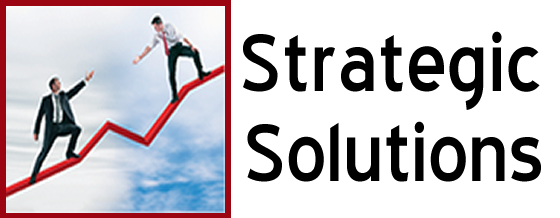Expecting Good
Tom Hopkins is a well-respected leader in the field sales training and executive consulting. In fact, he’s been doing it for close to 40 years. He’s written a lot of books on the subject too, all valid and insightful regardless of endeavor.
My favorite quote of his is a very simple, yet opens up a world of possibilities. He said,
‘Begin by always expecting good things to happen.’
Sounds simple doesn’t it? Basic law of attraction: what’s positive attracts, and what’s negative, repels. But it’s a lot more complex than you think.
Most of us realize that we humans have two ‘selves’: one natural and the other adaptive.
- The first is how we relate internally and instinctively to the world around us.
- The second, is how we need to adapt our natural selves to get along with the rest of the world.
Whether we exert our egos or not, we all have them, to greater or lesser degrees. But what if we consciously put them down, and looked at our words and actions through the eyes of an impartial observer, rather than our natural selves? What would we see? Do you think that’s easy to do?
A case in point. A friend told me a story about her account executive at an ad agency. She worked with him on several ad campaigns and invariably whenever she greeted him and said ‘good morning,’ his typical response would be ‘What’s good about it’? You see, it was his way of demonstrating ‘sarcastic humor,’ and trying to be ‘cool.’ Regardless, his ‘shtick’ became part of him. Part of what he was known for. Too bad. He was a very bright guy who never made it to the top because he brought everyone down — including his boss who ultimately let him go, despite his creative talents. His attitude not only had a negative effect on others, but actually influenced how they perceived he did his job.
We all have these little ‘gotchas,’ but if we learn to recognize what we may consider to be harmless words or actions and think about them, not from our natural viewpoint, but from what other people may interpret when they see or hear us, we can modify our natural tendencies and adapt to our audience. Doing that not only decreases the chances of our being misunderstood, but increases the chances of shining a better light on ourselves and our businesses. It also encourages goodwill and positive action.
What if:
- We greeted each day as a new adventure?
- We found something positive to say about every experience and every person we encountered – regardless or whether or not we made a sale?
- We did something kind for someone else? Even something as simple as holding a door or letting them through at an intersection?
- We allowed an employee to leave early so they can take their kid to practice?
- We said ‘How can we get this done’ instead of ‘I need this done’?
- We found an item a customer needed immediately (but you didn’t have in stock) at a competitor and you suggested they go there?
- We placed more emphasis on soft skills, rather than hard?
- We committed to spend 20 minutes a day to learning something new – and encouraged your staff to do the same (on company time)?
- We gave up the idea that we knew it all and delegated more responsibility?
- We actually asked for help or advice?
- We stopped complaining about what needed to be done – and just did it?
How many other ‘what ifs’ can you think of? Maybe it’s time to actualize them and make a new reality. I bet if you do, you’ll start expecting good things every day. And, you’ll find them!
